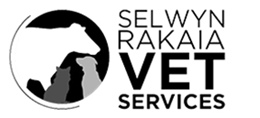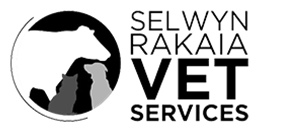Desexing your pet is a surgical procedure that prevents them from being able to reproduce. In male pets it is commonly referred to as “neutering”, and in female pets as “spaying”. This is the most frequent surgery performed by our vets. Surgery is usually performed in the morning so your pet can go home in the late afternoon.
The most common age to desex your pet is between 4 and 6 months of age. We do not recommend this procedure earlier than 3 months of age. However, they are never too old to be desexed.
There are many benefits to desexing your pet at 6 months of age. They include:
- Prevention of unwanted litters, which can be very costly, and may add to the already overwhelming number of stray animals that are euthanized each year
- Prevention of testicular cancer and prostate disease in males; prevention of pyometra (infection of the uterus) and mammary tumours in females
- Stopping the “heat” cycle in females and associated undesirable behaviour
- Decreasing aggression towards humans and other animals, especially in males
- Being less prone to wander, especially in males
- Living a longer and healthier life
Before surgery:
- Make a booking for your pet’s operation.
- Do not give your pet food after 8 pm the night before the operation and do not give them any water after 8 am on the day of surgery.
- Some pets will require intravenous fluid support during surgery. This will be discussed with you prior to the procedure.
- To ensure your pet is as comfortable as possible, they will receive pain relief prior to desexing as well as a take home supply for the few days after the procedure.
After Surgery:
- Keep your pet restrained and quiet as the effects of anaesthetic can take some time to wear off completely.
- Keeping them quiet is also essential for wound healing.
- Food and water should be limited to small portions only on the night after surgery.
- Ensure all post-surgical medications (if any) are administered as per the label instructions.
- Ensure your pet’s rest area is clean to avoid infection.
- Check the incision at least twice daily for any signs of infection or disruption (eg. bleeding, swelling, redness or discharge). Contact the vet immediately if these symptoms appear. Do not wait to see if they will spontaneously resolve.
- Prevent your pet from licking or chewing the wound. Special cone-shaped collars assist with this problem. A single chew can remove the careful stitching with disastrous effects.
- Ensure you return to us on time for routine post-operative check-ups and removal of stitches.
If you have any concerns before or after your pet has been desexed, please call us immediately to discuss.


